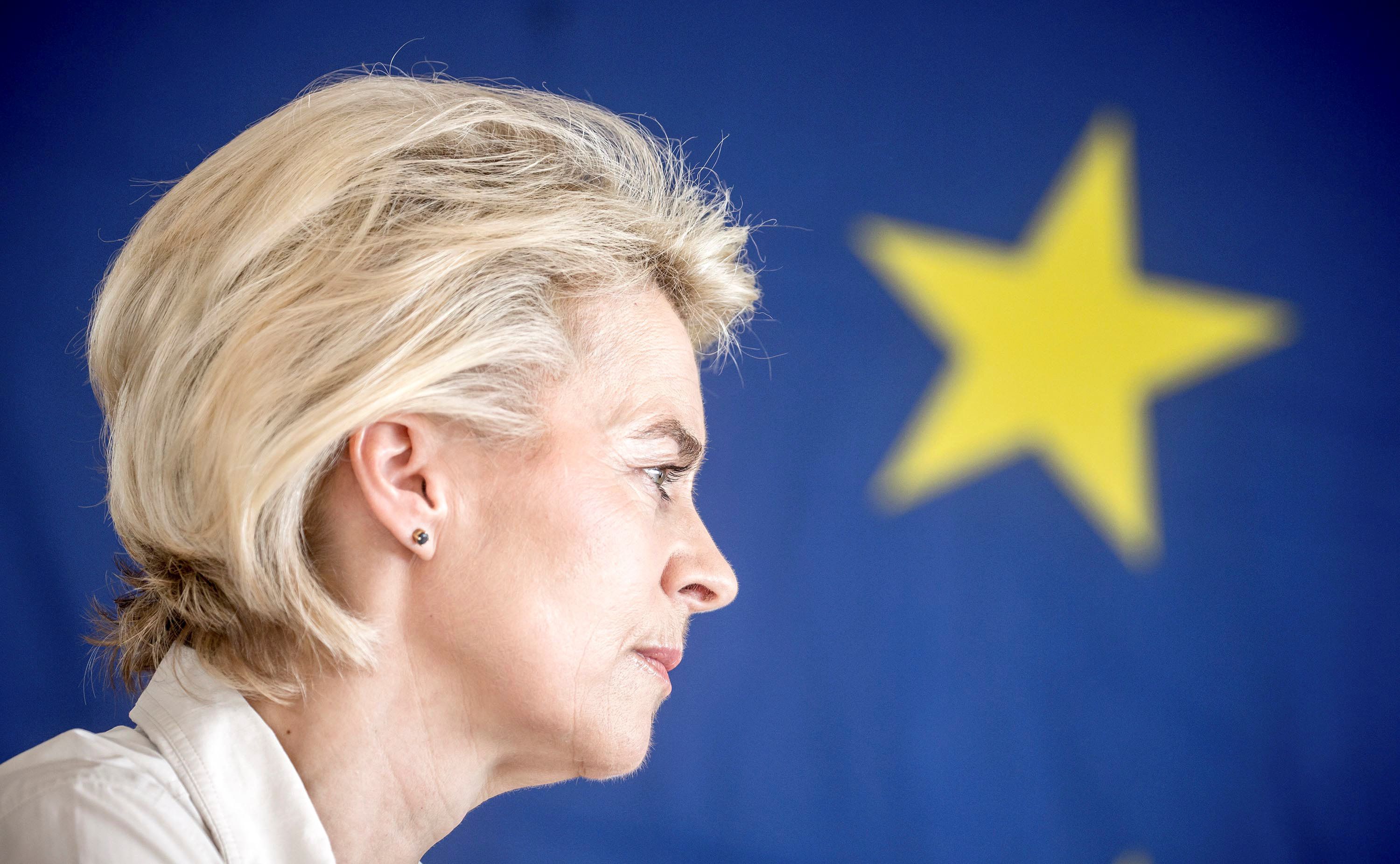July 03, 2019
Women in Power in Europe — European leaders have chosen German Defense Minister Ursula von der Leyen, an ally of chancellor Angela Merkel, as their pick for president of the European Commission. The surprise choice came after deadlock sank the prospects of other leading candidates favored by the bloc's various political factions. At the same time, Christine LaGarde, the French head of the International Monetary Fund, was selected as the next head of the European Central Bank. If the European Parliament approves the new leadership slate in November, it'll be the first time that women have occupied the two most important EU jobs.
Abiy's Challenge — Abiy Ahmed has opened Pandora's Box in Ethiopia. Prime minister since April 2018, he's earned international praise by ending a 20-year war with neighboring Eritrea, freeing hundreds of political prisoners, and lifting bans on political parties. But this opening of the country's politics has encouraged competition for land among some of Ethiopia's 80 ethno-linguistic groups, provoking violence that has made internal refugees of nearly three million people. Abiy has shown that he wants to build a more open society, and we're watching to see if there's enough good will among the largest ethnic groups to negotiate an end to conflicts quelled in the past only by dictatorial governments.
Japan vs South Korea trade spat — On Monday, Tokyo slapped export controls on sensitive technology exports to South Korea, as a bilateral dispute between the countries over Japan's 20th century colonization of the Korean peninsula escalates. In recent months, South Korea has demanded that Japanese firms compensate laborers who say they were forced into virtual slavery when Japan occupied the peninsula between 1910 and 1945. Talks have broken down since Japanese firms refused to comply with the demand and Korean authorities began seizing some of their assets. We are watching to see how history shapes the present in this spat between the second and third largest economies in Asia.
What we are ignoring:
Russians' declining belief in the paranormal — A recent survey flagged by the Moscow Times suggests that Russians' belief in aliens, psychics, witchcraft, and other paranormal activity has plunged to a 30-year low, after surging during the reality TV era. We're ignoring this story because it's probably just what Vladimir Putin and the ghost of Grigori Rasputin WANT you to think. The truth is out there, Signal readers.
More For You
- YouTube
How widely is AI actually being used, and where is adoption falling behind? Speaking at the 2026 World Economic Forum in Davos, Brad Smith, Vice Chair and President of Microsoft, outlined how AI adoption can be measured through what he calls a “diffusion index.”
Most Popular
- YouTube
AI adoption is accelerating worldwide, but “diffusion” isn’t just about who has the best models. It’s about who has the basics: affordable power, reliable connectivity, and the skills to actually use AI. In a new GZERO Media Global Stage livestream from the 2026 World Economic Forum in Davos, Switzerland, CNN’s Richard Quest moderates a clear-eyed discussion on what it will take to broaden AI access, and what happens if the gap widens.
- YouTube
Now that we are all on same page. #PUPPETREGIME
© 2025 GZERO Media. All Rights Reserved | A Eurasia Group media company.
